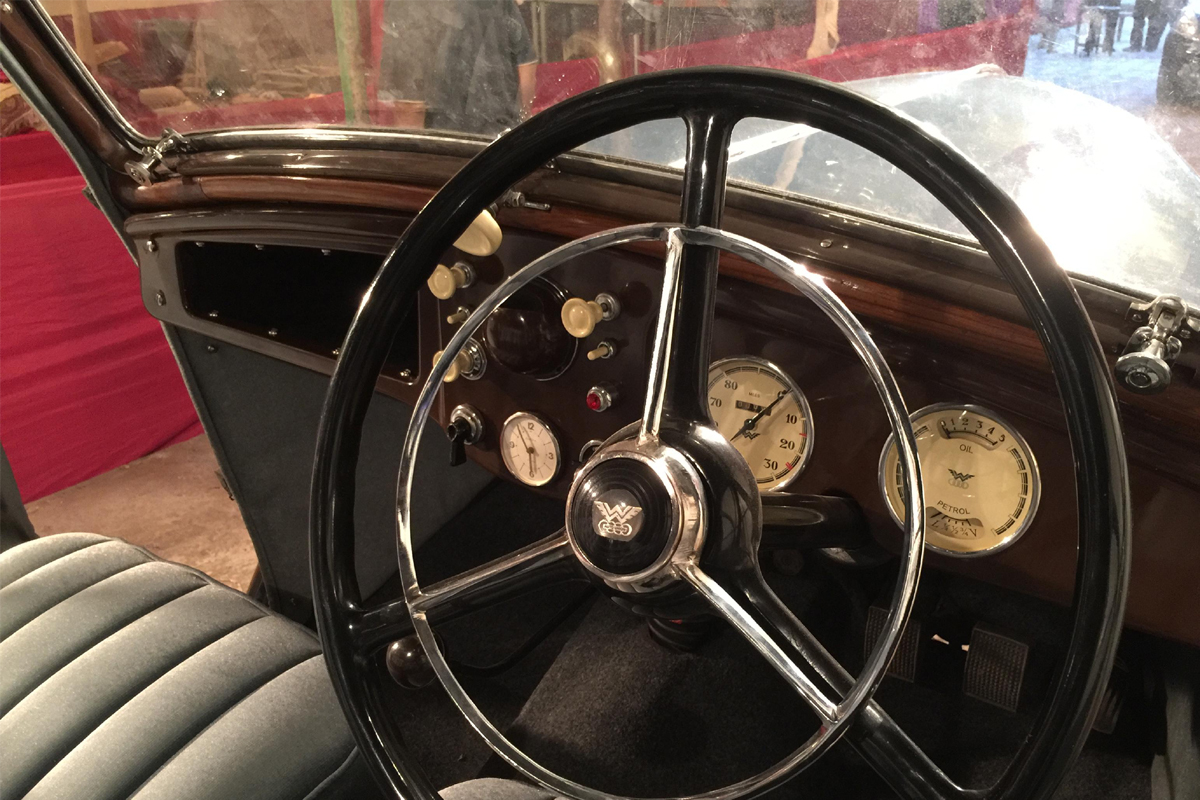As the nation eagerly prepares to commemorate the 127th birth anniversary of Subhas Chandra Bose on 23 January, a historical relic unveils itself, shedding light on a remarkable chapter in Netaji’s life. The iconic German Wanderer sedan from 1937, resting at Bose’s ancestral home in Kolkata’s Elgin Road, silently narrates the gripping tale of Netaji’s “Great Escape” to Jharkhand’s Gomoh railway station in 1941, marking his journey to Germany.
Initiated by the Netaji Research Bureau, this historic car, once belonging to Subhas Chandra Bose, underwent meticulous restoration to reflect its 1941 appearance, courtesy of the automotive giant Audi. In 2017, the late former President Pranab Mukherjee unveiled this symbol of historical significance—the German Wanderer sedan, intimately associated with Netaji’s daring escape from his Elgin Road residence.
Netaji’s audacious manoeuvre involved eluding British intelligence and evading police surveillance during his house arrest. Disguised as Mohammad Ziauddin, he slipped away in the rear seat of the 1937 Wanderer W24, making his escape on the nights of 16-17 January 1941.
The Wanderer W24 boasted a 1767 cc, 4-cylinder engine generating 42 hp at 3500 rpm, propelling it to a top speed of 108 kmph. Paired with a four-speed manual transmission, the Auto Union-manufactured vehicle was produced in limited numbers, with only 22,500 units of the Wanderer W24 reported.
Measuring a wheelbase of 2600 mm, a length of 4280mm, a width of 1645mm, and a height of 1600mm, the car exhibited a ground clearance of 200 mm and a fuel capacity of 40 litres. As we celebrate Netaji’s birth anniversary, the Wanderer sedan stands as a testament to his indomitable spirit and the enduring legacy of one of India’s most revered freedom fighters.







